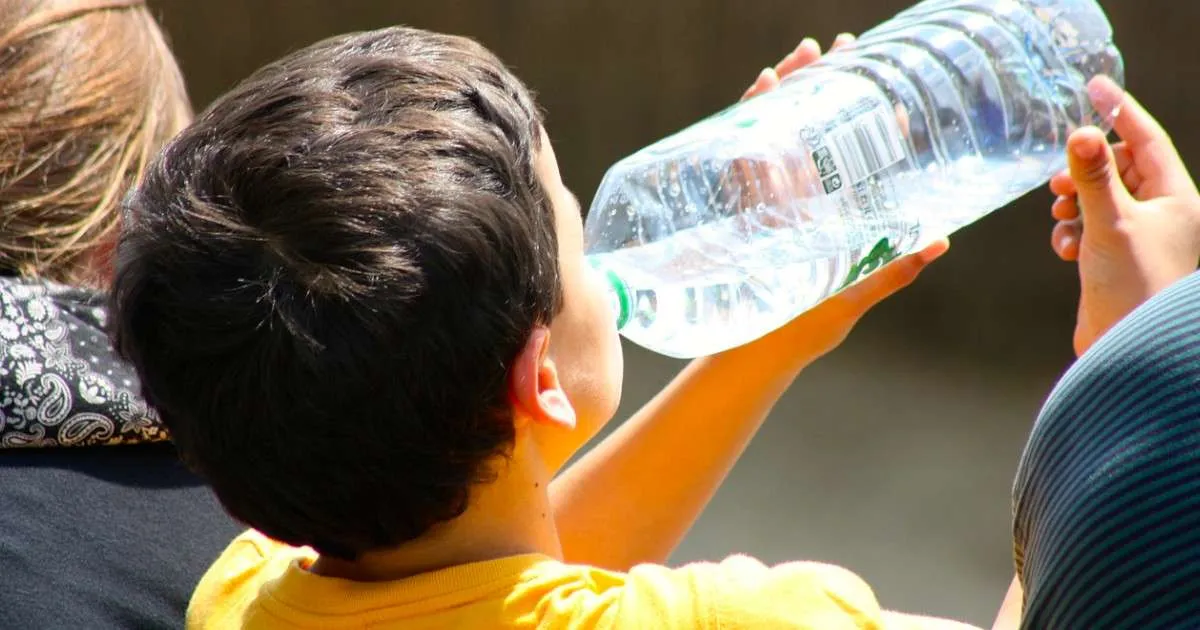CAYETANO HEREDIA AND UNMSM PATENT INNOVATIVE PROCESS FOR GENETIC CONSERVATION IN ALPACAS

The Universidad Peruana Cayetano Heredia (UPCH) and the National University of San Marcos (UNMSM) are celebrating the joint achievement of a revolutionary patent in the field of animal biotechnology. This scientific milestone marks a significant advance in the genetic conservation of alpacas through the development of an innovative method for the freezing and preservation of spermatogonial cells obtained postmortem.
This is the invention obtained by the patent granted by INDECOPI, with No. 001758-2019/DIN, to Dr. Martha Valdivia for her valuable contributions from her doctoral thesis in Sciences with a mention in Physiology in 2019, « Effect of supplementation of commercial atomized red or black maca combined with a potential cryoprotectant for spermatogonial stem cells (SSC) of alpaca Vicugna pacos both in isolated SSC and in testicular fragments,» as well as to Zeze Bravo and Jackeline Reyes from the BIOTRA-UNMSM Research Group. The support and advice of Dr. Gustavo F. Gonzales and his team from the Laboratory of Endocrinology and Reproduction of the Faculty of Science and Engineering of UPCH have been fundamental in achieving this accomplishment.
This thermo-controlled cryopreservation method at -196°C, which includes the use of permeable and non-permeable cryoprotective agents together with black maca as a natural supplement, has been devised after carefully considering the importance of preserving spermatogonial stem cells, which are fundamental to guarantee fertility and, therefore, the continuity of elite lineages in alpaca populations.
Importance
The main beneficiaries of this innovation are alpaca producers, who can conserve and preserve their animals’ genetic diversity through this advanced biotechnology. In addition to its practical impact, this proposal represents an invaluable contribution to the academic field by promoting knowledge and understanding of stem cells, identification, cryopreservation, and possible proliferation of spermatogonial cells. Obtaining this patent results from the effort and collaboration between both institutions. In addition, it allows the establishment of a cryogenic stem cell bank, allowing the use of these cells in transplants and advanced studies of cell proliferation and differentiation in vitro. Thus, it promises to open new perspectives in the field of reproductive biotechnology for the conservation of alpacas.





